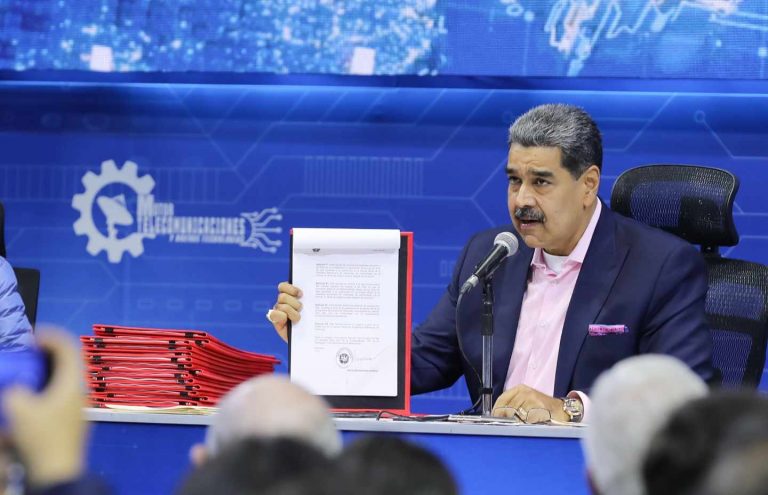The Hypocrisy Of US Imperialists And Syrian Reactionaries
The Trump regime’s decision to lift sanctions on Syria exposes the true purpose of sanctions: to deliberately impoverish ordinary citizens, force regime change and extend U.S.-led imperial control.
For 15 years, the United States imposed draconian sanctions on the Assad government, isolating Syria from international banking, trade and essential sectors such as energy, health and education, with the explicit intent of undermining its self-sufficient socialist economy. These measures were designed to demoralize ordinary Syrians and force a change in leadership by targeting the elected coalition government of Syria under President Assad, who had defended the Palestinian cause and refused to normalize relations with the Zionist entity.















